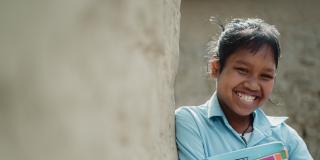
Across the countries where VSO works, we see children and young people increasingly experience the effects of climate change on their health, wellbeing and access to education. With climate change set to worsen, we know they are likely to experience more devastating consequences during their lifetimes.
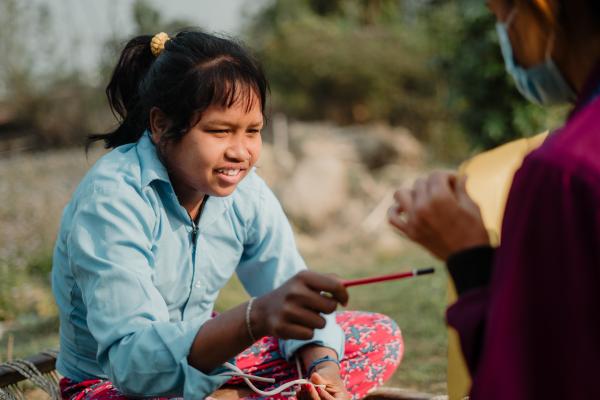
For this reason alone, children and young people need to have a greater voice on climate change. In Nepal, the stakes are particularly high with the country's vulnerability to extreme weather events, such as monsoons, which lead to flooding and landslides.
This poses significant risks to Nepali children and their communities. Travelling to school becomes unsafe. School buildings are damaged. Livelihoods and access to food are disrupted so children become undernourished. School facilities become shelters for the community further disrupting children's education.
For girls, interruptions to schooling have a disproportionate impact. They are often exposed to early marriage or forced to do agricultural or housework rather than study. Evidence shows that during climate emergencies instances of gender-based violence and people trafficking increase.
Children and young people have deep knowledge and understanding of their immediate environment, the risks they face and the solutions they need. Funded by UK Aid through the Girls Education Challenge, VSO Nepal’s Empowering a New Generation of Adolescent Girls with Education (ENGAGE) project, is capitalising on this knowledge and supporting children and their communities to build long-term strategies to navigate the impacts of climate change.
Shikha ShresthaBy finding ways to build resilience into the education systems, VSO is working to minimise disruption and ensure that communities are well prepared for the challenges to come. With the right strategies, schools can strengthen awareness of climate change solutions, support children to become more resilient and find innovative ways to adapt to disruption. A crucial part of resilience building is ensuring that interventions are driven by children and that the process is holistic, supporting children, their parents, teachers and the education system more broadly to reduce vulnerability.
VSO Nepal Head of Programmes
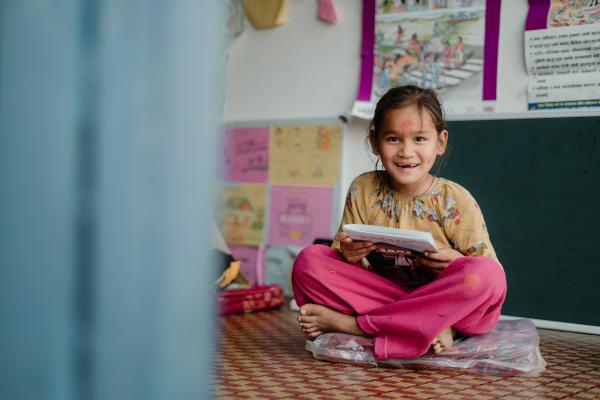
As Man Bahadur, the Chairperson of the social development committee in a municipality of Surkhef district in the southern lowlands of Nepal, says "To mitigate the impact of climate change and find solutions, it’s important to involve children, particularly girls, in implementing action plans. This way they will become more responsible about climate change solutions and help to educate others.”
The ENGAGE project is training networks of peer volunteers who have been supporting girls in 82 schools to undertake climate risk assessments and action planning.
VSO volunteers have been accompanying the schools and communities to better understand climate vulnerability and build long-term resilience into the education system.
They have also been supporting schools and communities to share their priorities for action with local government to strengthen the local education planning processes as well as climate adaption and disaster risk reduction planning.
Bhagawati BKWe have suffered unseasonable heavy rains, floods and landslides as a result of climate change. This has made it difficult to travel to school. Together with the members of the network, we have developed an action plan on climate change mitigation so that our education won’t be affected too severely.
Secondary school student and member of Girls and Inclusive Education Network.
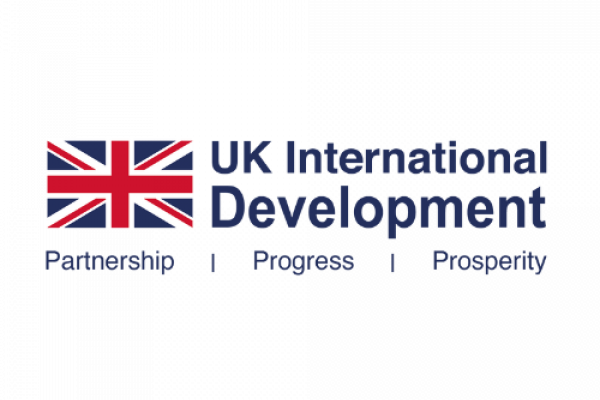
Through this process, girls are identifying priorities for building climate resilience within their school environment.
These include strengthening access to early warning systems, evacuation plans, establishing peer to peer support for children to address trauma or access school safely, and making environmental and physical changes that improve the resilience of school facilities.
Many schools have planted trees to provide shade and reduce excessive heat, and six schools have been refurbished to deal with the effects of climate change, with work underway in another 50 schools.
Read more
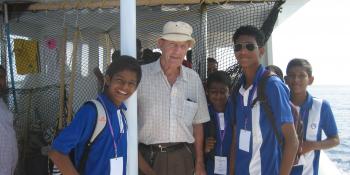
Transforming lives through education: Geoffrey’s VSO legacy
With a deep belief in the transformative power of education, Geoffrey from Norfolk, UK, has devoted his life both in the UK and abroad to making education more accessible for all.
